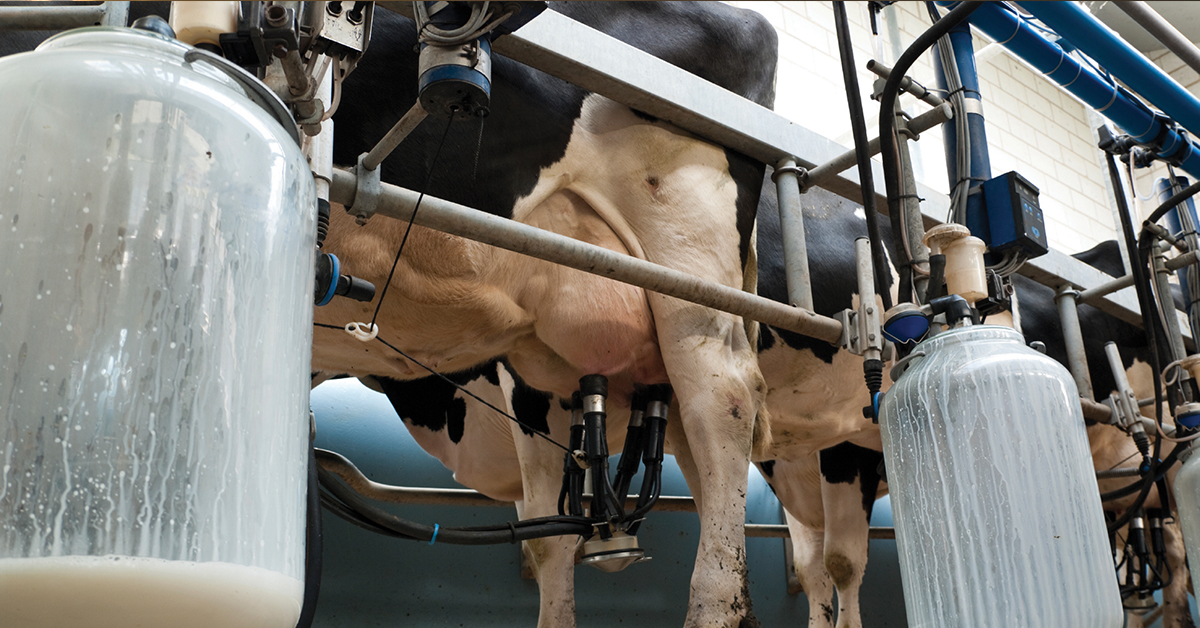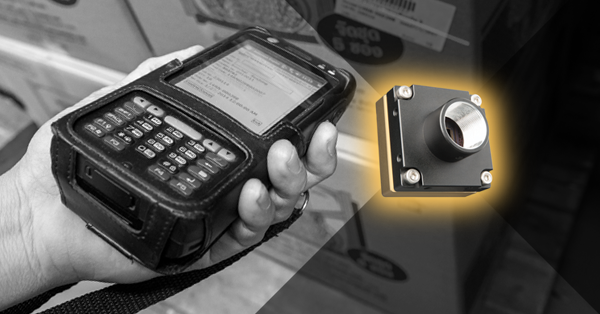Transitioning from the Grasshopper to the Grasshopper2 FireWire
Download PDF - Transition_GRAS _to_GRAS2-FW
General Considerations
Other Reference Documentation
Other useful sources of information regarding specific features of the Applicable Product(s) include:
- Grasshopper Getting Started Manual
- Grasshopper2 Getting Started Manual
- Grasshopper and Grasshopper2 GS2-FW Technical Reference Manuals
Testing Tools
To configure and test the information presented in this TAN:
- Connect the camera’s GPIO pins to an oscilloscope or external trigger source. By connecting the appropriate GPIO pins to an external trigger source or oscilloscope, you can observe the differences in general purpose input/output capability of the Applicable Product(s). Consult your camera’s Technical Reference or Getting Started manual for:
- GPIO connector pin layouts; and
- GPIO electrical characteristics
- Download the FlyCapture SDK. The SDK includes numerous example programs that demonstrate various camera features. Specific examples that relate to this TAN include CustomImageEx, AsyncTriggerEx and SaveImageToFlashEx.
- Access the camera’s register space. The easiest way to try this is using the FlyCap demo software included with the FlyCapture SDK. For register definitions and individual bit descriptions, please refer to the Point Grey Digital Camera Register Reference or your camera’s Technical Reference manual.
Mechanics
The Grasshopper and Grasshopper2 share the same form factor and general mechanical properties.
|
Description |
Grasshopper |
Grasshopper2 |
|
|
IR cut filter properties |
The infrared cut-off filter used with color versions of the cameras is the same and has the same transmittance properties. |
||
|
GPIO connector |
Hirose HR25 8 pin connector |
||
|
CCD sensor placement on PCB |
The chip and lens holder mounting holes are centered relative to the four corner mounting holes. |
||
|
Overall dimensions |
Industry standard 44mm x 29mm x 58mm (excluding lens holder and 1394/GPIO connector) |
||
|
Lens holder |
C-mount |
||
|
Case description |
Black zinc (casted) with black aluminum top and Point Grey logo |
||
|
Mass |
104g (excluding including optics) |
||
|
Tripod mounting bracket |
Secured by four (4) M2x2mm screws Meets ISO and ASA standards Included free of charge with every camera |
||
|
Mounting holes |
Three (3) M3x2.5mm holes on the bottom face Four (4) M2x2mm holes on the bottom face (for mounting bracket) Two (2) M2 holes on the top face |
||
|
Removable glass / IR filter system |
BW models: protective dust glass between sensor and optics COL models: IR filter between sensor and optics Glass / IR filter screwed into place to allow easy removal |
||
|
Development kit |
Includes cable, 1394 interface card, software CD and Getting Started Manual. |
Includes cable, 1394 interface card, software CD. Getting Started Manual available for download. |
|
GPIO Properties
|
Pin |
Grasshopper |
Grasshopper2 |
|
GPIO0 (Pin 1) |
Bi-directional input/output Default direction: input Default function: trigger Drive strength: 10 mA at 30 V |
Opto-isolated input Default function: trigger in Input delay time: 4 μs |
|
GPIO1 (Pin 2) |
Bi-directional input/output Default direction: output Drive strength: 10 mA at 30 V |
Opto-isolated open collector output (+3.3V to +30V) Direction: output Default function: strobe Drive strength: 25 mA at 30 V |
|
GPIO2 (Pin 3) |
Bi-directional input/output Default direction: output Drive strength: 10 mA at 30 V |
Bi-directional input/output Default direction: output Drive strength: 25 mA at 30 V |
|
GPIO3 (Pin 4) |
Bi-directional input/output Default direction: input Drive strength: 10 mA at 30 V |
Bi-directional input/output Default direction: input Drive strength: 25 mA at 30 V |
|
GND (Pin 5) |
Ground pin for all pins |
Ground pin for bi-directional IO, Vext, +3.3 V |
|
GND (Pin 6) |
Ground pin for all pins |
Ground pin for opto-isolated IO pins |
|
VEXT (Pin 7) |
Power camera externally |
|
|
+3.3V (Pin 8) |
Power external circuitry up to a total of 150 mA. |
|
Other Hardware and Electronics
|
Description |
Grasshopper |
Grasshopper2 |
|
CCD imaging sensors |
640x480 Kodak KAI-0340 648x488 Sony ICX414 1384x1032 Sony ICX267 1384x1036 Sony ICX285 1624x1224 Sony ICX274 2448x2048 Sony ICX625 |
1384x1036 Sony ICX285 |
|
IEEE-1394 interface |
9-pin IEEE-1394b (800Mb/s) Connector flush with case Secure jack screw connector |
|
|
Power consumption |
Less than 2.5 W |
|
|
A/D converter |
Analog Devices, 14-bit resolution |
|
|
Temperature Sensor |
On-board; accessible via control and status registers (CSRs) |
On-board; accessible via control and status registers (CSRs) |
|
Voltage Sensor |
||
|
Current Sensor |
None |
|
|
LED Behavior |
Same |
|
Firmware
This section does not address the significant number of firmware enhancements that have been added in the Grasshopper2, but focuses on functional differences between the two cameras that could affect integration of the Grasshopper2 in existing Grasshopper-based applications. Users are encouraged to download the documents listed in Section 1.4.1: Other Reference Documentation for assistance with terms, camera specifications, and register definitions.
|
|
Many default startup (power-up) parameters, such as resolution, frame rate, gain, and shutter, have changed in the Grasshopper2. The memory channels on the Grasshopper2 can be used for creating new default settings. |
|
|
Point Grey cannot predict if or how all of the following differences may affect user applications. This section provides recommendations on how to address some of the most obvious differences in functionality. |
Format_7
|
Description |
Grasshopper |
Grasshopper2 |
|
Max Frame Rate at Max Resolution |
15 FPS (ICX285) |
30 FPS (ICX285) |
|
Pixel Formats |
Mono8, Mono16, Raw8, Raw16, YUV411, YUV422, YUV444, RGB8 |
Mono8, Mono12, Mono16, Raw8, Raw12, Raw16, YUV411, YUV422, YUV444, RGB8 |
|
Modes |
||
|
Mode_0 |
Region of interest only |
Region of interest only; yields fastest frame rates |
|
Mode_1 |
2X vertical binning and 2X horizontal subsampling; values are aggregated and averaged; limited or no increase in intensity |
2X vertical binning and 2X horizontal subsampling (monochrome models) or 2X vertical and 2x horizontal subsampling (color models); values are aggregated without averaging; increased intensity, improved SNR. |
|
Mode_2 |
2X vertical binning; values are aggregated and averaged, with limited or no increase in intensity |
Not available |
|
Mode_3 |
Region of interest only |
2X horizontal and 2X vertical additive binning, in monochrome pixel formats only. CCD gain amplifier is disabled, resulting in reduced dark current. ROI is not available. Mode_3 uses a slower pixel clock and does not support overlapping exposure with readout of the previous image. Frame rates are compromised in this mode in favor of higher extended shutter times. |
|
Mode_4 |
Not available |
2X vertical binning and 2X horizontal subsampling; increased frame rate; available on color models only |
|
Mode_8 |
Not available |
Similar to Mode_3, except no binning is performed. Images can be outputted in all supported pixel formats. |
Control and Status Registers (CSRs)
|
Description |
Grasshopper |
Grasshopper2 |
|
Redefined Registers |
||
|
LUT |
1A40h – 1A44h Point Grey implementation |
80000h – 80048h IIDC v1.32 implementation |
|
XMIT_FAILURE 12FCh |
No presence bit |
Presence bit |
|
FRAME_INFO 12F8h |
No inquiry bits for each embedded information type |
Inquiry bits for each information type |
|
New Registers |
||
|
Y16 Endianness |
Controlled using IMAGE_DATA_FORMAT 1048h |
DATA_DEPTH 630h IIDC v1.32 implementation |
|
Mirror Image |
MIRROR_IMAGE_CTRL 1054h |
|
|
Y8 or Y16 Grayscale or Raw Bayer Output |
BAYER_MONO_CTRL 1050h |
|
|
Current Sensor Access |
None |
CURRENT 1A58h – 1A5Ch |
Other Firmware Changes
|
Description |
Grasshopper |
Grasshopper2 |
|
IIDC Version |
1.31 |
1.32 |
|
Color processing |
Color models output greyscale information when run in standard (Format_0 or Format_1) Y8/Y16 modes. The conversion from raw Bayer information to greyscale is done on-board the camera. |
On color models, conversion from raw Bayer information to greyscale is done on-board the camera. |
|
Lookup Table |
11-bit to 9-bit mapping Three (3) LUT’s for RGB |
9-bit to 9-bit mapping Two (2) banks, each containing three (3) channels for RGB |
|
Trigger Modes |
IIDC modes 0, 1, 3, 14, 15: Supported on all models IIDC modes 4, 5: Supported on 03S2 and 08S2 only |
IIDC modes 0, 1, 3, 4, 5, 14, 15 |
|
Extended Shutter Times |
> 10 s |
Up to 330 s (Format_7 Mode_3 and Format_7 Mode_8) |
|
Memory Channels |
Two (2) channels for user-defined configuration sets; one (1) channel for restoring to factory default settings |
|
|
Frame Buffer |
32 MB for temporary image storage and re-transmission |
|
|
Non-Volatile Flash Memory |
512 KB for data storage |
|
|
Pixel Clocks |
Two (2) or more settings; may change with format/mode change |
Max two (2) settings; will change only when setting to Format_7 Mode_3 or Format_7 Mode_8. |
Software Support
|
Description |
Grasshopper |
Grasshopper2 |
|
FlyCapture 2.x Applications |
Supported |
Supported |
|
FlyCapture 1.x Applications |
Supported |
FlyCap Demo GUI does not support new IIDC 1.32 video formats and other new features. New features are supported in the API. |



